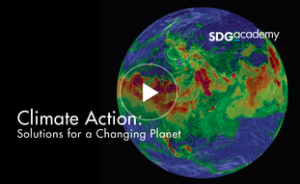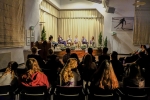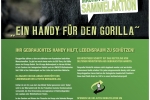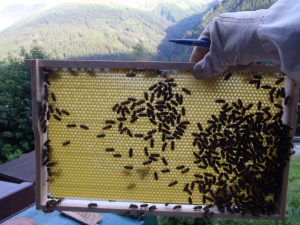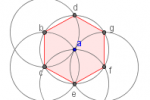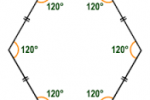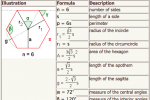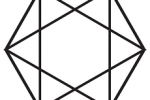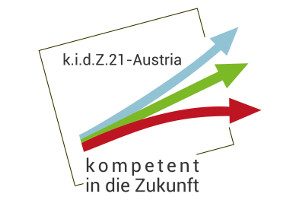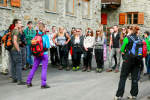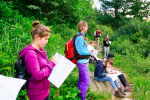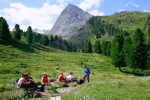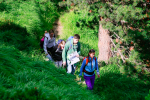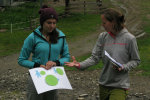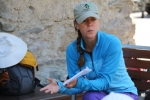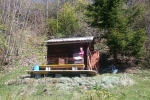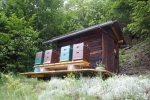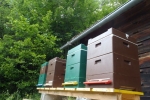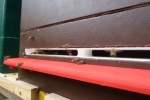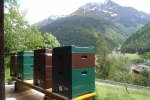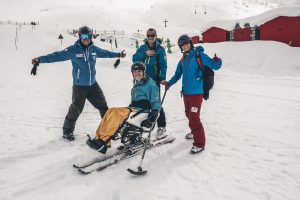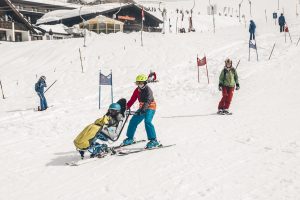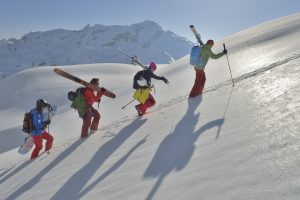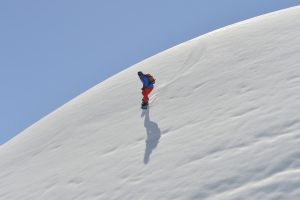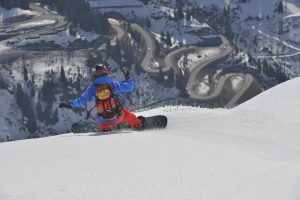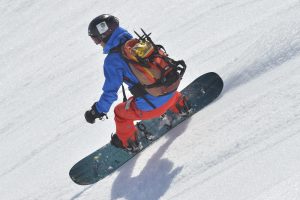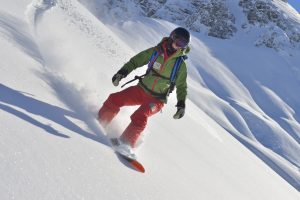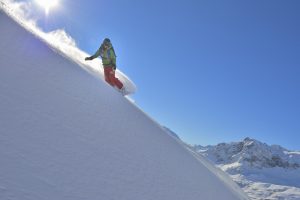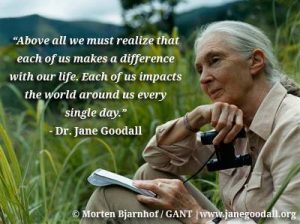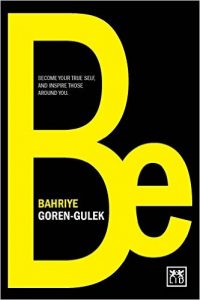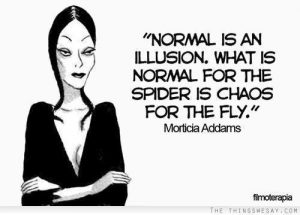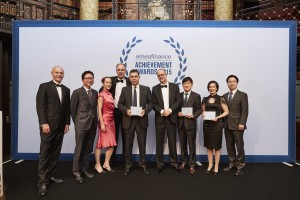Unavoidably, a post on COVID-19, as unavoidable a virus, a big shock to our systems has been.
Or as unavoidable loss of biodiversity is, as climate change is… or as unavoidable antibiotic resistant bacteria will be… or as unavoidable many (self-inflicted) challenges humans will face, will be… …IF, humans go back to “normality”. Or what recent generations in just the past decades have considered to be “normal”. Now, we have a CHANCE TO CHANGE, to follow a more sustainable path going forward. Just some different, thought-provoking links (just to show something different than the mainstream media):
(1) The short film “THE GREAT PAUSE” reviews the corona-situation from a left-ish-Western perspective. “The old normal was abnormal.” “There is no usual anymore.” “This is a cultural paradigm shift.”
(2) In this second movie, we see the world from the perspective of the Corona-virus thanking humans for being a good host and asking humans: “Am I enough?” “What future do you choose?”
https://www.youtube.com/watch?v=2cEXfJc6_d0
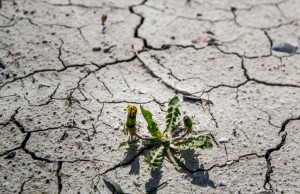
WEF: Appreciate nature more
Next to personal considerations and potentially making change happen bottom-up, also institutions should reorientate and work on green top-down solutions. These articles of the World Economic Forum (WEF) are worth the read, in my opinion:
https://www.weforum.org/agenda/2020/05/scientists-pandemics-coronavirus-nature-covid19-health
A few WEF-quotes from these articles:
“COVID-19 demonstrates that it is time for all in the financial sector to think “beyond carbon”, and put nature-related impacts and dependencies firmly onto their risk map.”
“Humans may not have created the coronavirus, but we have cultured the unnatural conditions needed for nature to toss a $10 trillion-dollar time bomb into our economy.”
“To prevent a recurrence of this crisis, we need to look less into human health and more into the collective blindness among regulators and within the financial sector when it comes to recognising the huge dependencies the global economy has on biodiversity, and the devastating impacts on us all when our effect on these dependencies becomes increasingly unsustainable.”
Care, Dare & Share.

